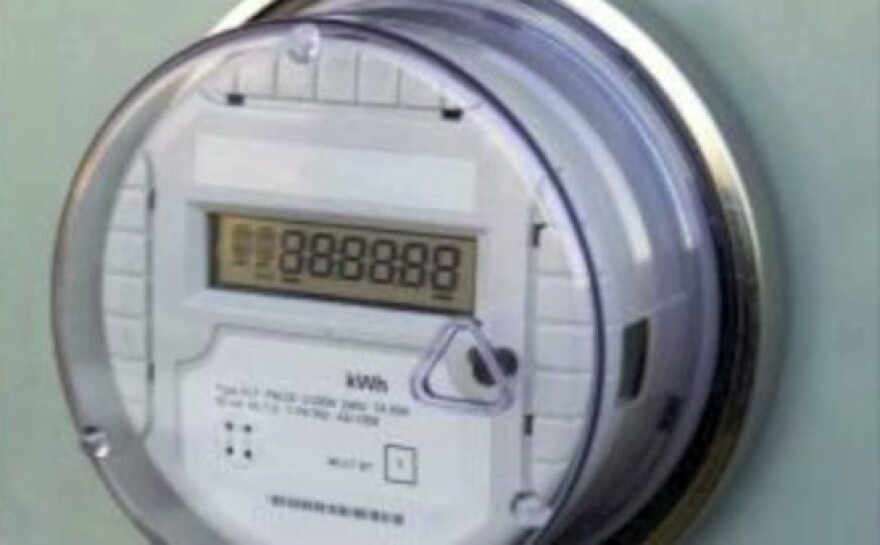More than a million people - a quarter of Michigan's workforce - have filed for unemployment since Governor Gretchen Whitmer issued her first "Stay Home, Stay Safe," executive order due to the coronavirus pandemic.
The severe downturn in the economy means many people could have trouble paying for basic needs - including electricity and gas.
Michigan utilities say they're working to meet a dramatic increase in demand for help from customers trying to keep the lights and heat on.
DTE Energy says it's offering more flexible payment plans for customers facing hard times during the pandemic.
Tamara Johnson, a customer service director for DTE, says customers who are still waiting for their first unemployment check, for example, can ask for a "hold," on their account, which lets them delay paying their utility bill.
Or they can make a partial payment for awhile.
"Even if it's not full loss of income, but partial, where you need some support through the next 3 to 6 or even 12 months," she says.
Johnson says the company is also expanding its outreach efforts when someone is late paying a bill.
"We can see that you normally, typically, would pay us, right? So, for me that's an indicator, something's going on with this customer, let's reach out and see if they need some guidance or support."
DTE Energy bill payment staff are trained to do more than offer payment plans. Johnson says they can also help someone figure out where and how to file for unemployment, and how to access assistance programs that help with other needs, like food.
When DTE has been unsuccessful in reaching a customer who is not paying their bills, the company will ask a local human services agency like United Way to call. "They might think we are just trying to get paid," she says, but they might accept a call from an agency that can connect them with assistance."
Consumers Energy spokesman Brian Wheeler says his company is also seeing an increase in the need for flexible payment arrangements.
"Our families, neighbors and customers need this support now more than ever which is why we are thankful for the $900 million in LIHEAP funding included in the third federal stimulus bill," he says.
LIHEAP is the federally-funded Low Income Home Energy Assistance Program. It typically cannot meet all the demand for help with utilities, so it's not clear how quickly the program will run out of funds in Michigan, now that demand is likely much higher.
Michigan residents can also reach out to THAW, The Heat and Warmth Fund, as well as the Salvation Army, for assistance paying utilities.
Governor Whitmer has ordered the state's two largest utilities, which are regulated by the Michigan Public Service Commission, not to disconnect low-income and elderly customers from power during the pandemic.
But that order does not apply to municipal utilities, such as the Lansing Board of Water and Light.
Spokesman Amy Adamy says Lansing BWL voluntarily went further than the Governor's order.
"We suspended all utility shut-offs," she says, "and will continue to do so until COVID-19 is better controlled. In the meantime, we’re encouraging all customers who are struggling financially to reach out to our customer service center to set up a payment plan so as to not fall behind when the moratorium is lifted, as well as connecting them to state and local resources available to help pay their utility bills."
The Holland Board of Water and Light is also suspending all shutoffs during the crisis, while urging customers to call and make some kind of deferred or partial payment arrangement so as not to fall too far behind.
Matt Kasper is Research Director at the Energy and Policy Institute. He says in some states, the moratorium on shutoffs has been ordered for all customers, low income or not, during the pandemic.
He says the Michigan Public Service Commission could permit the utilities to make up any losses they suffer in later rate cases.
Meanwhile, the Michigan Public Service Commission has ordered DTE and Consumers to meet with its staff to discuss how to ensure there are not widespread shutoffs due to the recession caused by the coronavirus crisis.
Those talks are expected to wrap up on Thursday.
Want to support reporting like this? Consider making a gift to Michigan Radio today.




